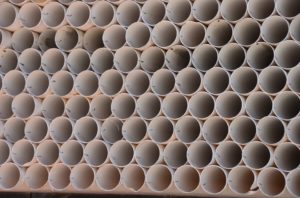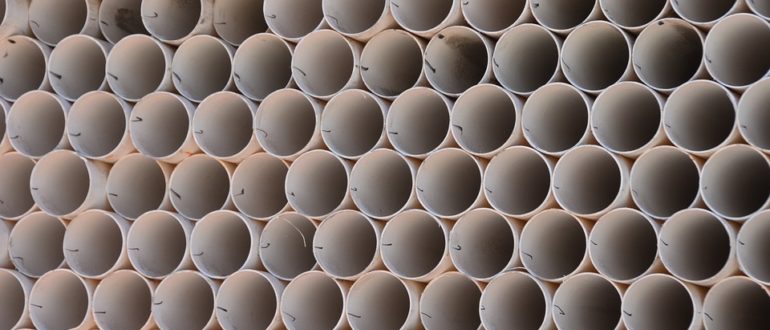PVC pipes are known for their high-grade durability, versatility, and are used by different users including operators, engineers, contractors, manufacturing industries, utilities, and irrigation districts. Setting aside their flexibility, watertight joints, friction efficiency, and lightweight, are these pipe UV resistant?
PVC UV Resistance
You might not be able to believe but PVC pipes are not completely resistant to UV rays. PVC (Polyvinyl Chloride) and CPVC (Chlorinated Polyvinyl Chloride) pipes are highly used in engineering, manufacturing, and industrial projects. If you’re concerned about the difference between PVC and CPVC pipes, note that CPVC pipes are manufactured by processing them through chlorinated water.
In a nutshell, these pipes are easy to manufacture, install, and available at a lower cost.
Benefits of PVC Pipes
The rigid, strong, and sturdy behavior of PVC pipes make them an ideal choice for water pipe, gas, and drainage systems. They are often used for hot and cold-water systems as well as different chemical applications.
Their ability to withstand the greater strain, high temperature, and harsh atmosphere makes them the best of their kind. PVC pipes are highly used for high-temperature conditions below 140 degrees. This is because, above 140 degrees, the walls of these pipes start to get soften which may result in some complications.
On the other hand, CPVC pipes work best for hot water pipe location applications with temperatures up to 200 degrees. Yes, CPVC pipes can easily withstand higher temperatures without having an effect. Still, PVC and CPVC pipes cannot be interchanged for their perspective industries.

Effects of UV Radiations
The rays emitted by the sun on the surface of the earth are called Ultraviolet or UV rays. These rays are used for the treatment of people having certain medical conditions i.e. short bowel syndrome, osteomalacia, rickets, and cystic fibrosis – all triggered by the deficiency of vitamin D.
Though UV rays are a great source of Vitamin D, excessive exposure of these rays can also result in eye damage, skin cancer, premature aging, and damaged immune. Therefore, it is important to determine if the PVC pipes used in your project are UV resistant or not.
UV Rays Vs PVC & CPVC Pipes
Ultraviolet rays have a slight effect on PVC and CPVC rays when exposed to the sun for a long time. They can affect the outer layer of these pipes and degrade the durability slightly. The slight variation due to the continuous exposure to the sun is called UV Discoloration. Thereby, the color of the water pipes may start to change depending on the pipe type and quality.
The degradation is only between 0.001 to 0.003 inches. Therefore, there’s nothing to worry about the UV rays affecting the PVC pipes and materials inside it. In fact, when covered with insulation, the effects become negligible and the UV rays no longer affect them. Sounds fair enough?
Still, it is recommended to cover the PVC and CPVC pipes as long-term exposure to UV rays can affect the durability and efficiency of pipes.

